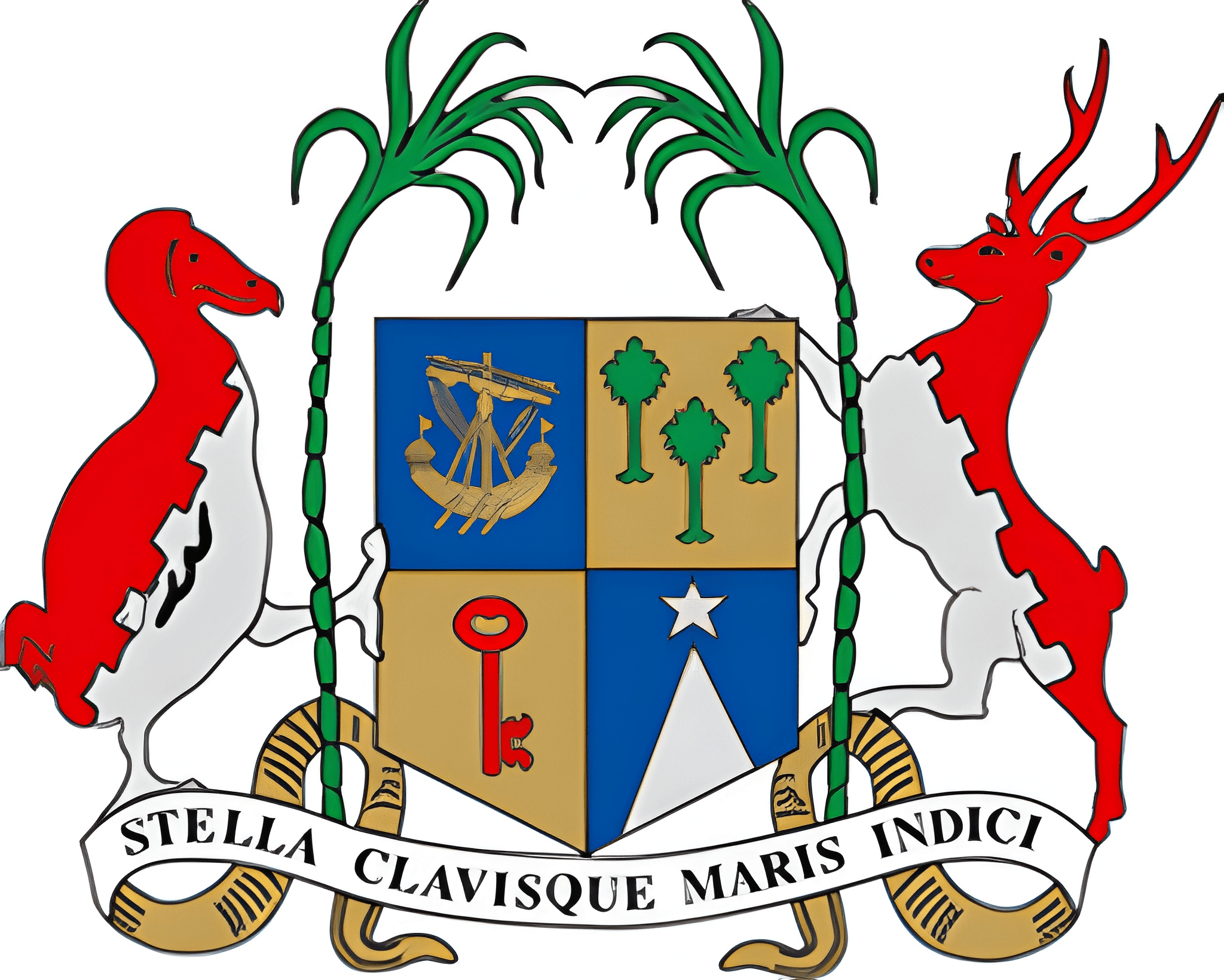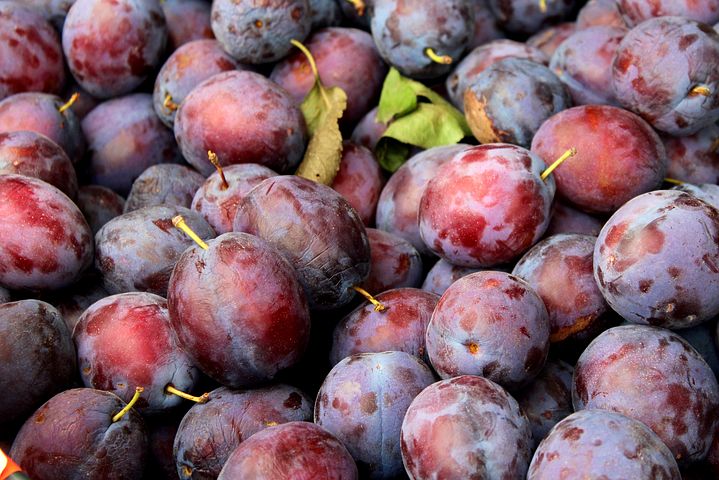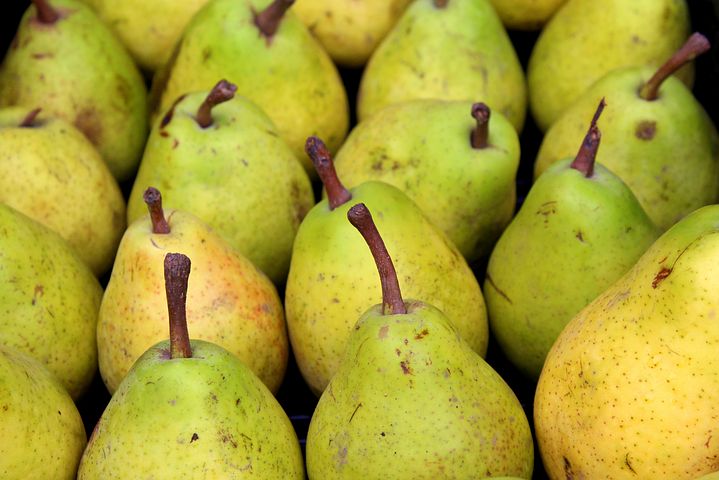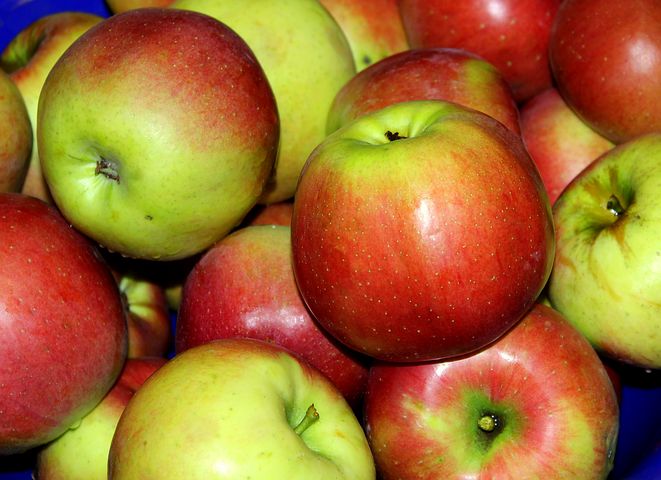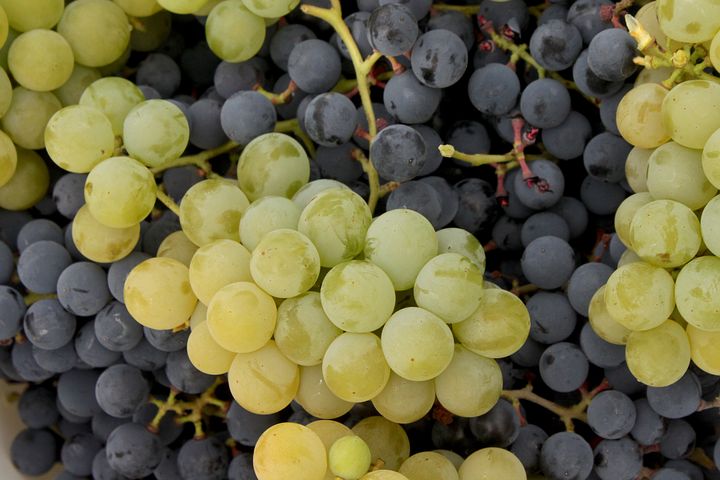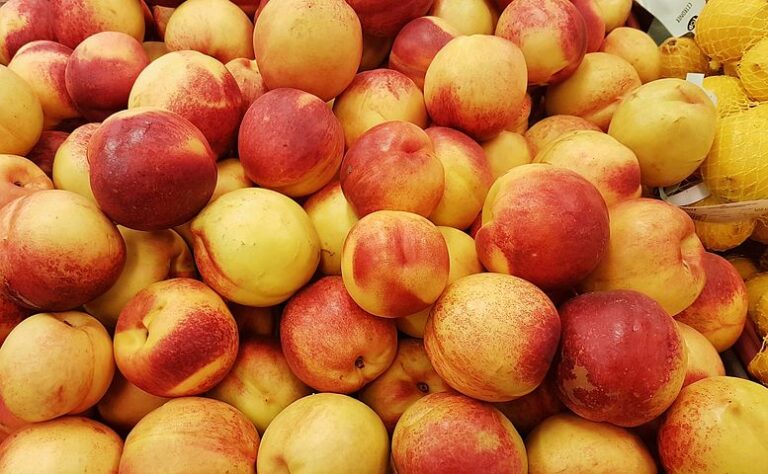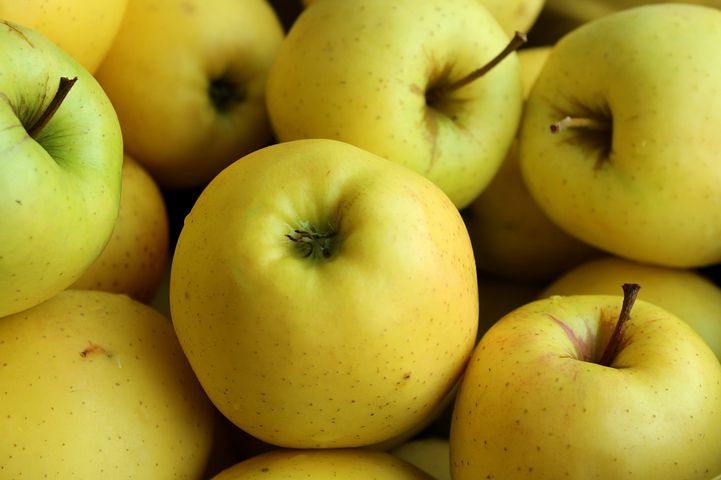Online application
Applications for a PIP are to be made electronically on the Tradenet Portal.
For first time applications, the public is kindly advised to contact the MNS Customer Service department for training and registration on 401-6805 or by email on customer.service@mns.mu.
PIPs are issued electronically.
Manual application
For importation of agricultural machinery, the public is informed that all applications for PIP should be submitted manually.
Plant import permits submitted manually will be issued
within 5 working days.
 Loading in progress
Loading in progress
